In the vibrant tapestry of Dominican music, few names shine as brightly as Fefita la Grande. Born and raised in the heart of the Dominican Republic, Fefita’s unparalleled talent and magnetic stage presence have earned her the title of «Queen of Merengue Típico.» In this comprehensive biography, we explore the remarkable journey of Fefita la Grande, from her humble beginnings in the countryside to her status as a living legend of Dominican music.
Early Life and Influences:
Fefita la Grande, whose real name is Manuela Josefa Cabrera, was born on September 18, 1942, in the rural town of La Vega, nestled in the picturesque Cibao region of the Dominican Republic. From a young age, she was surrounded by the intoxicating rhythms of merengue típico, a traditional genre of Dominican music characterized by its lively tempo and infectious energy.
Raised in a family of musicians, Fefita’s passion for music was ignited at an early age. She began playing the accordion, a staple instrument in merengue típico, and quickly mastered its intricate melodies and rhythms. Inspired by the legendary accordionists of her time, such as Tatico Henríquez and Francisco Ulloa, Fefita honed her craft with dedication and determination, laying the foundation for her future success.
Rise to Stardom:
In the early 1960s, Fefita la Grande embarked on her musical career, performing at local festivals and gatherings throughout the Cibao region. Her dynamic stage presence and electrifying performances quickly earned her a reputation as a rising star in the world of merengue típico.
In 1963, Fefita released her debut album, «Con Sabor a Merengue,» which showcased her virtuoso accordion skills and powerful vocals. The album was a commercial success, catapulting Fefita to stardom and establishing her as a force to be reckoned with in the Dominican music scene.
Throughout the 1970s and 1980s, Fefita la Grande continued to dominate the airwaves with a string of hit albums and singles. Songs like «La Gallina,» «La Chiflera,» and «El Cuchicheo» became instant classics, earning Fefita a loyal following and solidifying her status as the undisputed Queen of Merengue Típico.
International Success:
As Fefita’s popularity soared in the Dominican Republic, she began to attract attention from international audiences as well. In the 1990s, she embarked on a series of international tours, performing to sold-out crowds in cities across Latin America, Europe, and the United States.
Fefita’s unique blend of traditional merengue típico with contemporary influences resonated with audiences around the world, earning her critical acclaim and accolades. Her dynamic stage presence, infectious energy, and soulful vocals captivated audiences of all ages and backgrounds, solidifying her status as a global icon of Dominican music.
Musical Legacy:
Throughout her illustrious career, Fefita la Grande has released over 40 albums and won numerous awards, including the prestigious Casandra Award for Lifetime Achievement in 2011. Her influence extends far beyond the realm of entertainment, as she has used her platform to advocate for social justice, women’s rights, and the preservation of Dominican culture.
Fefita’s music celebrates the beauty and resilience of the Dominican people, while also addressing important social issues such as poverty, inequality, and political corruption. Whether she’s singing about love and romance or speaking out against injustice, Fefita’s music always carries a message of hope and empowerment.
In addition to her musical contributions, Fefita has also been a pioneer for women in the male-dominated world of merengue típico. Throughout her career, she has broken down barriers and defied expectations, proving that women can be just as talented and successful as their male counterparts in the music industry.
Personal Life and Philanthropy:
Despite her fame and success, Fefita la Grande remains deeply connected to her roots and committed to giving back to her community. She is actively involved in charitable endeavors, supporting initiatives aimed at improving education, healthcare, and economic opportunities for those in need.
In addition to her philanthropic work, Fefita is also a devoted mother and grandmother. She cherishes the time spent with her family, instilling in them a love of music and a strong sense of pride in their Dominican heritage.
Conclusion:
In conclusion, Fefita la Grande’s journey from the countryside of La Vega to international stardom is a testament to the transformative power of music and the enduring spirit of the Dominican people. Through her unparalleled talent, dedication, and passion, she has become a cultural icon and a symbol of pride for Dominicans around the world.
As she continues to captivate audiences with her timeless melodies and infectious rhythms, Fefita’s legacy will undoubtedly endure for generations to come. She remains an inspiration to aspiring musicians and a shining example of the boundless potential of Dominican music. Long live the Queen of Merengue Típico!


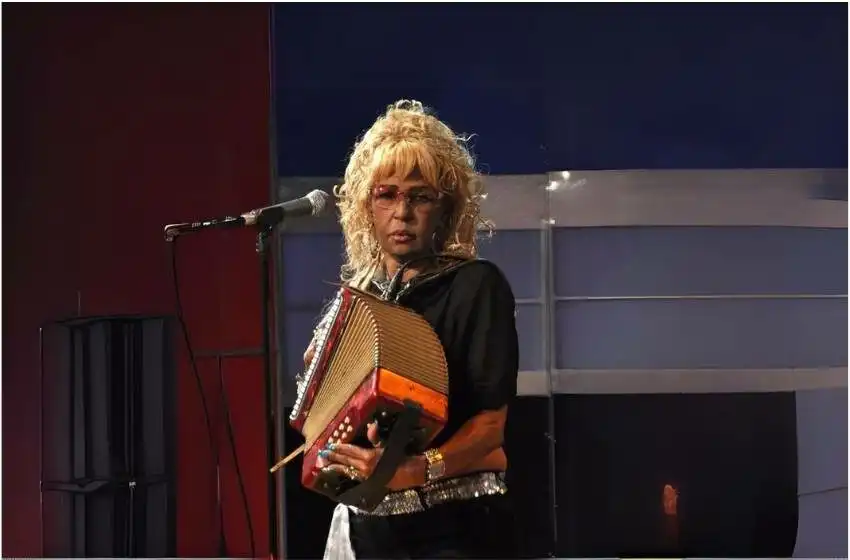







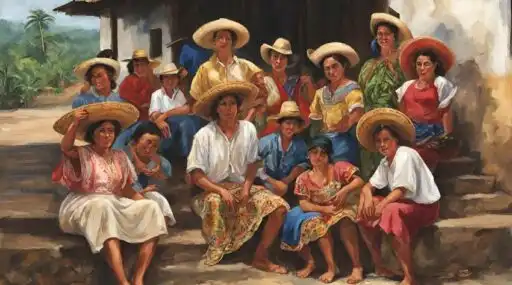




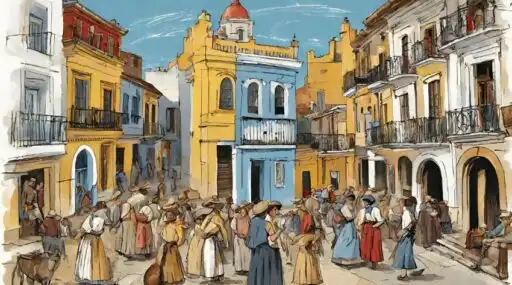



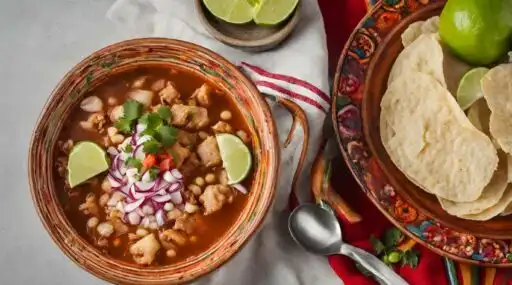


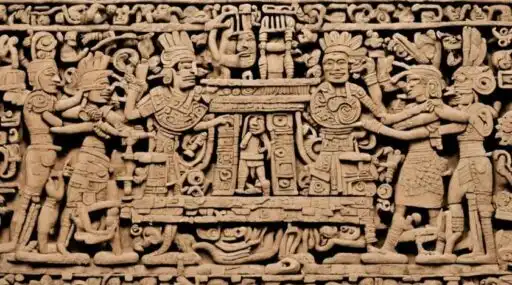
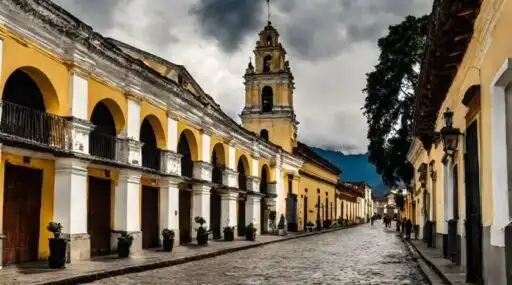

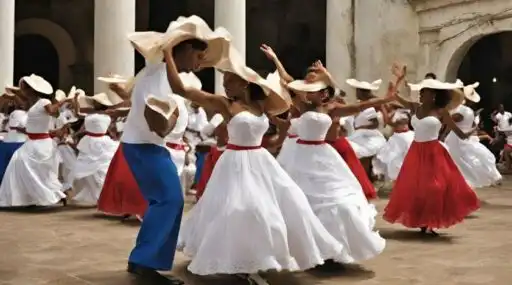
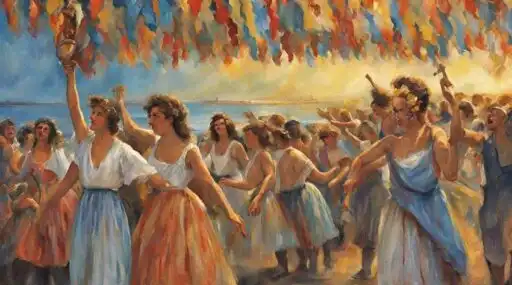







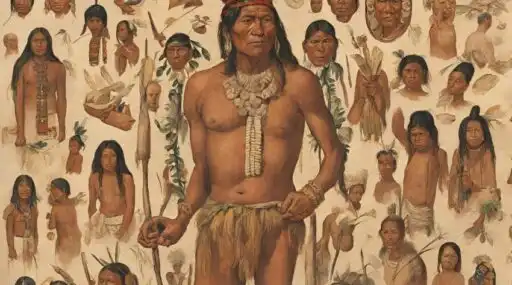




Leave a Reply